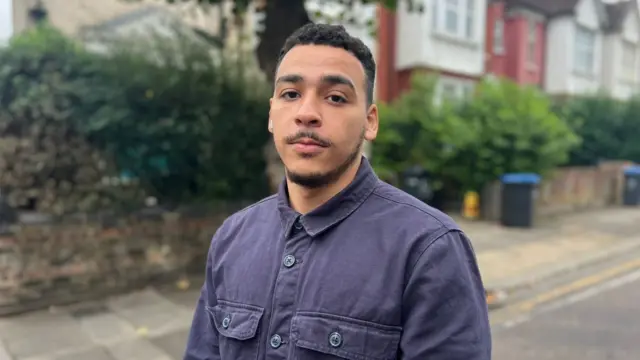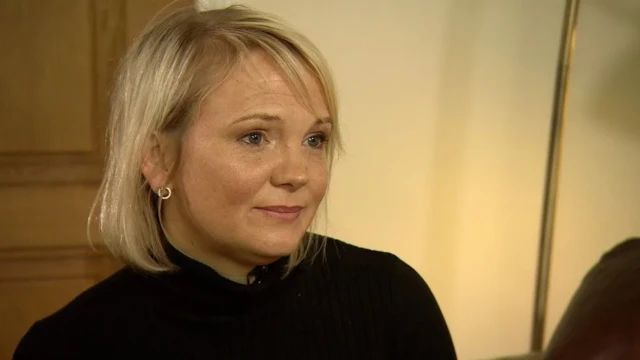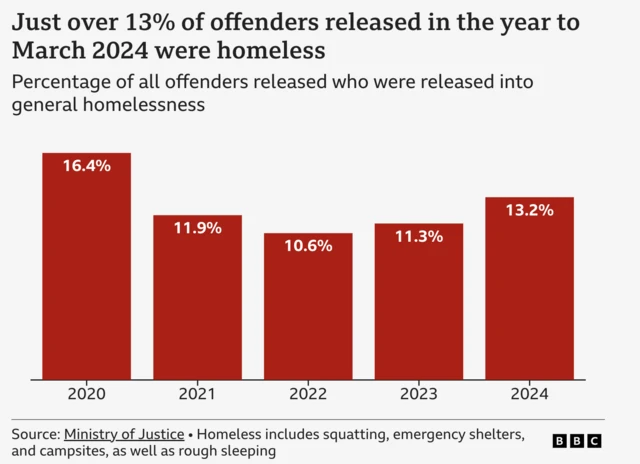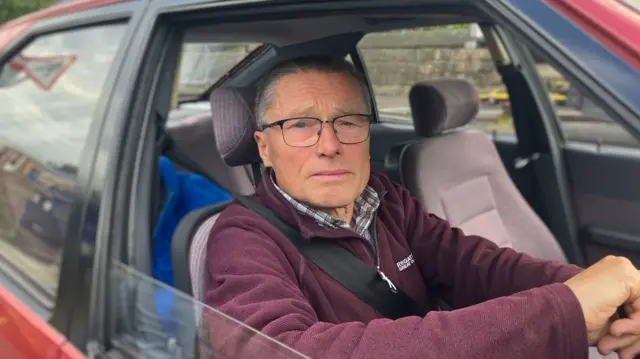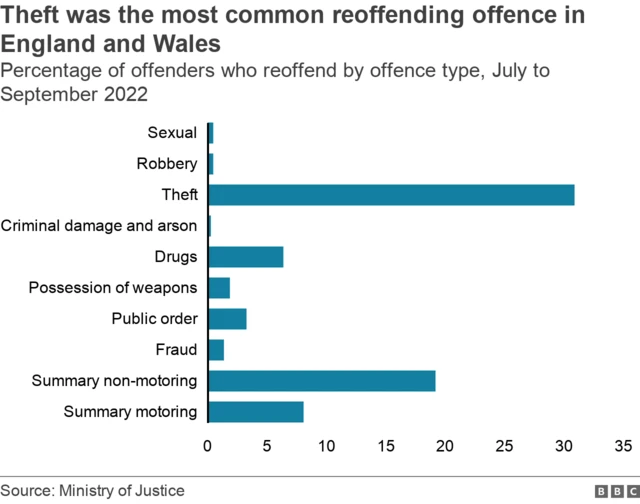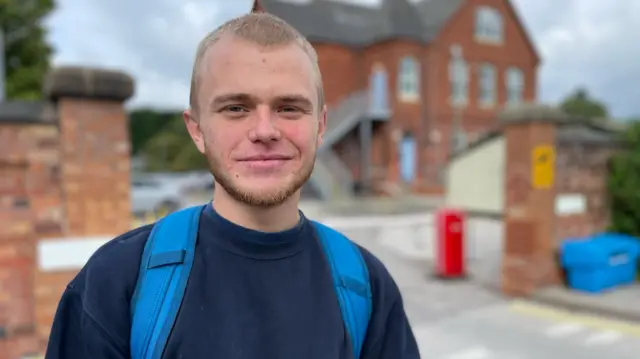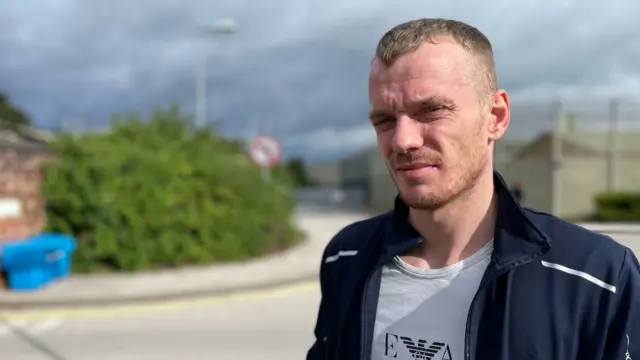We're ending our live coveragepublished at 15:45 BST 10 September 2024
Today, around 1,700 convicts are walking out of prison in England and Wales after 40% of their sentence, as part of the government's early release scheme aimed at freeing up capacity.
Here's what you need to know before we close this page:
- The early release scheme was an "emergency decision," said business secretary Jonathan Reynolds, blaming the previous government
- There is a "risk of some re-offending," the inspector of prisons Charlie Taylor told BBC News
- Martin Jones, probation inspector, said the service is under a "huge amount of pressure"
- The union for probation workers said some people convicted of domestic violence and sexual offences are being released early - despite government assurances - but the Ministry of Justice denies this
- And prisoners who have been released have described the conditions inside jails - with one calling the cells "disgusting"
Thanks for reading our coverage. This page was edited by Sam Hancock and Owen Amos. Your writers were Imogen James, Adam Durbin, Christy Cooney, and Tinshui Yeung.

